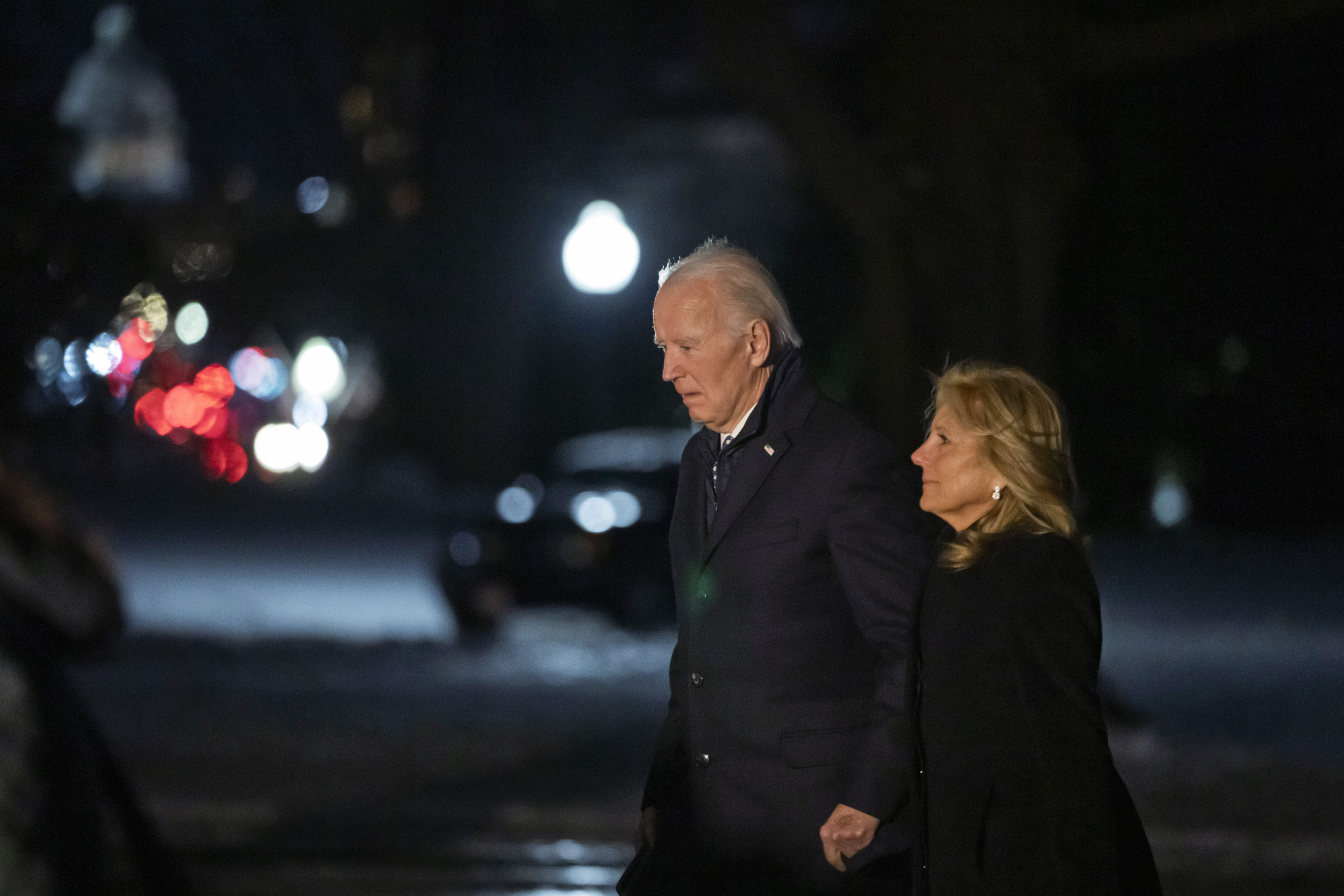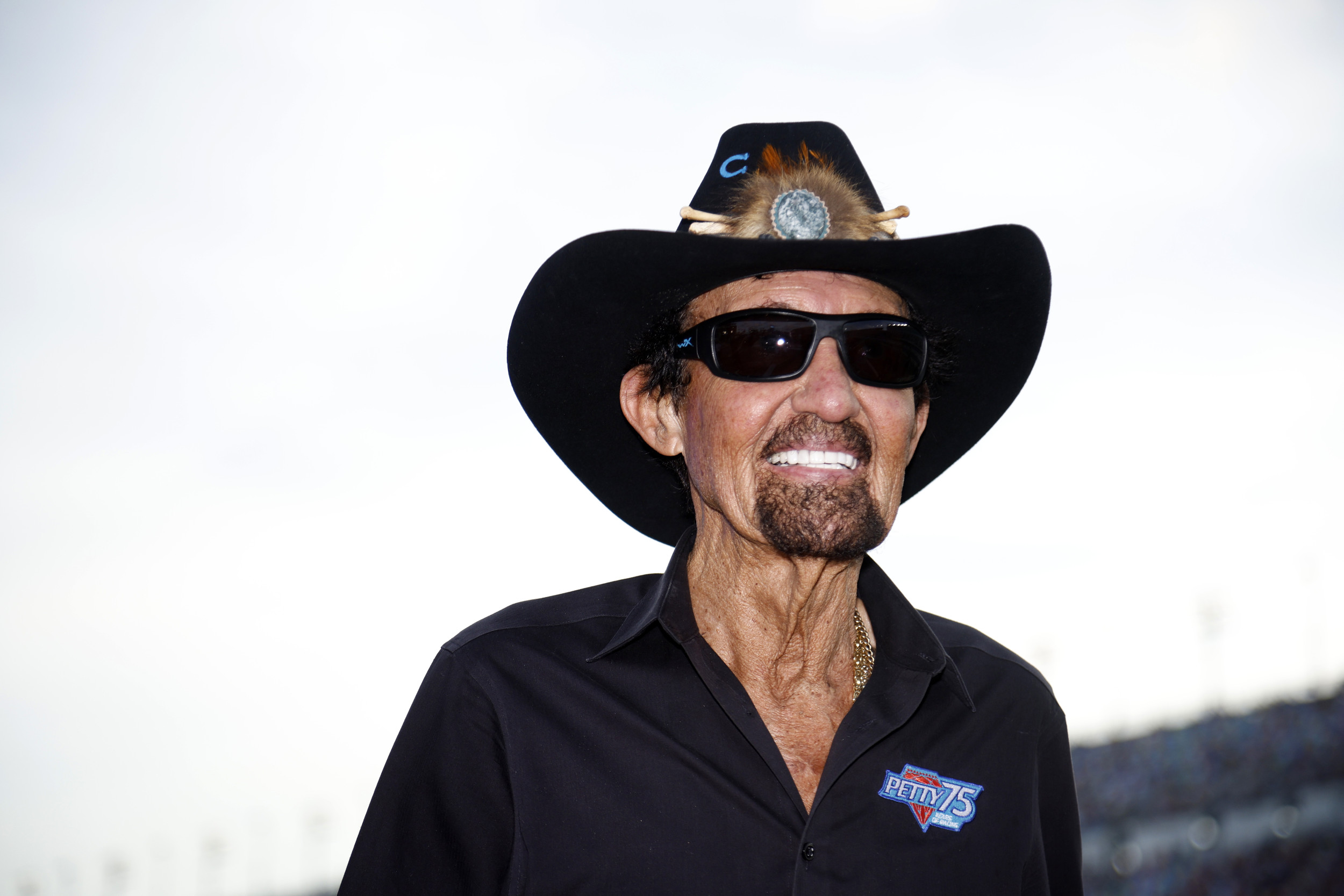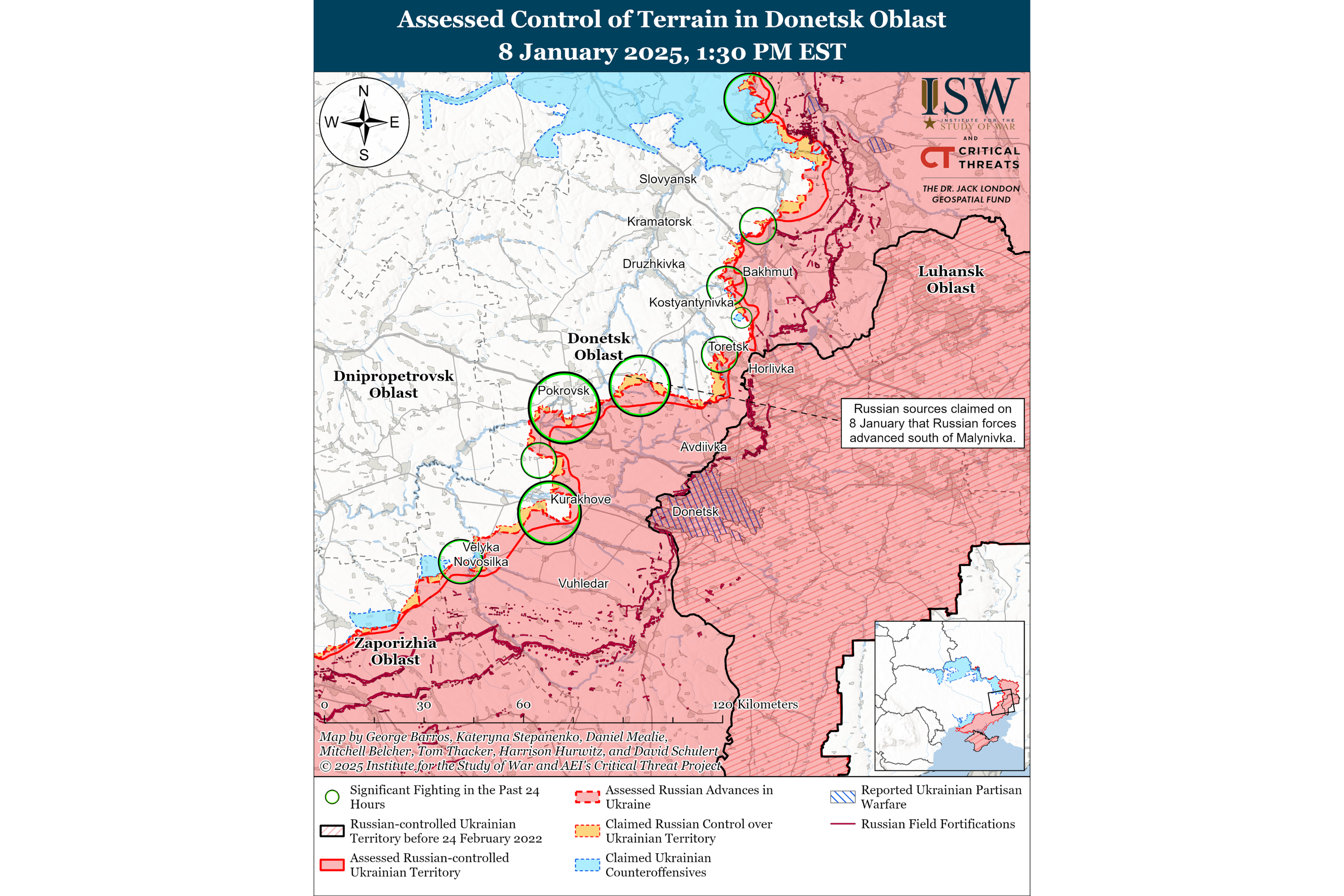Swing state voters are proving a long-standing election belief wrong this year, according to a new report.
Political scientists say that historically, voters choose who they're voting for based on how the economy is doing. When the economy is doing well, the incumbent is more likely to get elected back to office. During turbulent economic times, the president is likelier to get the boot.
However, in a new swing state survey from bill pay network Doxo, 46 percent of voters said the economy will not make any difference in who they vote for in November.
"While higher prices have weighed on the American consumer, not all voters have their wallet as the top issue, depending on where they live," Alex Beene, a financial literacy instructor for the University of Tennessee at Martin, told Newsweek. "Other issues like healthcare, crime, immigration, and inequality may take precedence given the conditions that voters are experiencing in their state."
The report was based on nearly 1,100 responses from voters in Arizona, Georgia, Michigan, Nevada, North Carolina, Pennsylvania, and Wisconsin.
For voters in Wisconsin and Georgia, a majority said the economy had no impact on who they cast their ballot for. And even in Michigan, voters were narrowly split at 52 and 48 percent on whether the economy would impact their vote this year.

This is even though 41 percent of all surveyed swing state voters said the economy was the biggest issue in this year's election, surpassing healthcare, abortion, immigration and climate change.
Michael Ryan, a finance expert and the founder of michaelryanmoney.com, said after 25 years of financial planning, he noticed that people consistently rank the economy as their top concern but generally vote based on broader ideological alignment instead.
"Even when I discuss retirement planning, their economic concerns rarely translate to voting flexibility," Ryan told Newsweek. "They're more likely to rationalize their party's economic position than to cross party lines, regardless of their financial situation."
Ryan said the conventional wisdom behind voting with your pocketbook came from an era when economic issues were less entangled with identity politics.
"Today, voting has become more about tribal affiliation than kitchen table economics," Ryan said. "Just last night, while completing my mail-in ballot, I used tools to research candidates' positions and voting records—something that made me realize how few voters actually dig into policy details versus voting straight party tickets."
Voters still care about economic policy, but it might not be the key issue driving their support for a larger candidate or political party.
"I believe the key insight isn't that the economy doesn't matter—it's that voters have already decided which party they trust on economic issues, regardless of current conditions," Ryan said.
Beene said many voters, while they might live in swing states, are far from undecided, so the economy will not be the end-all-be-all factor that some political scientists predict it to be.
"With both political parties over the last few decades, there has developed a more 'team sport' mentality of voters within their respective parties supporting the candidate of their side regardless of how the economy is treating them and their families," Beene said.




















 English (US) ·
English (US) ·